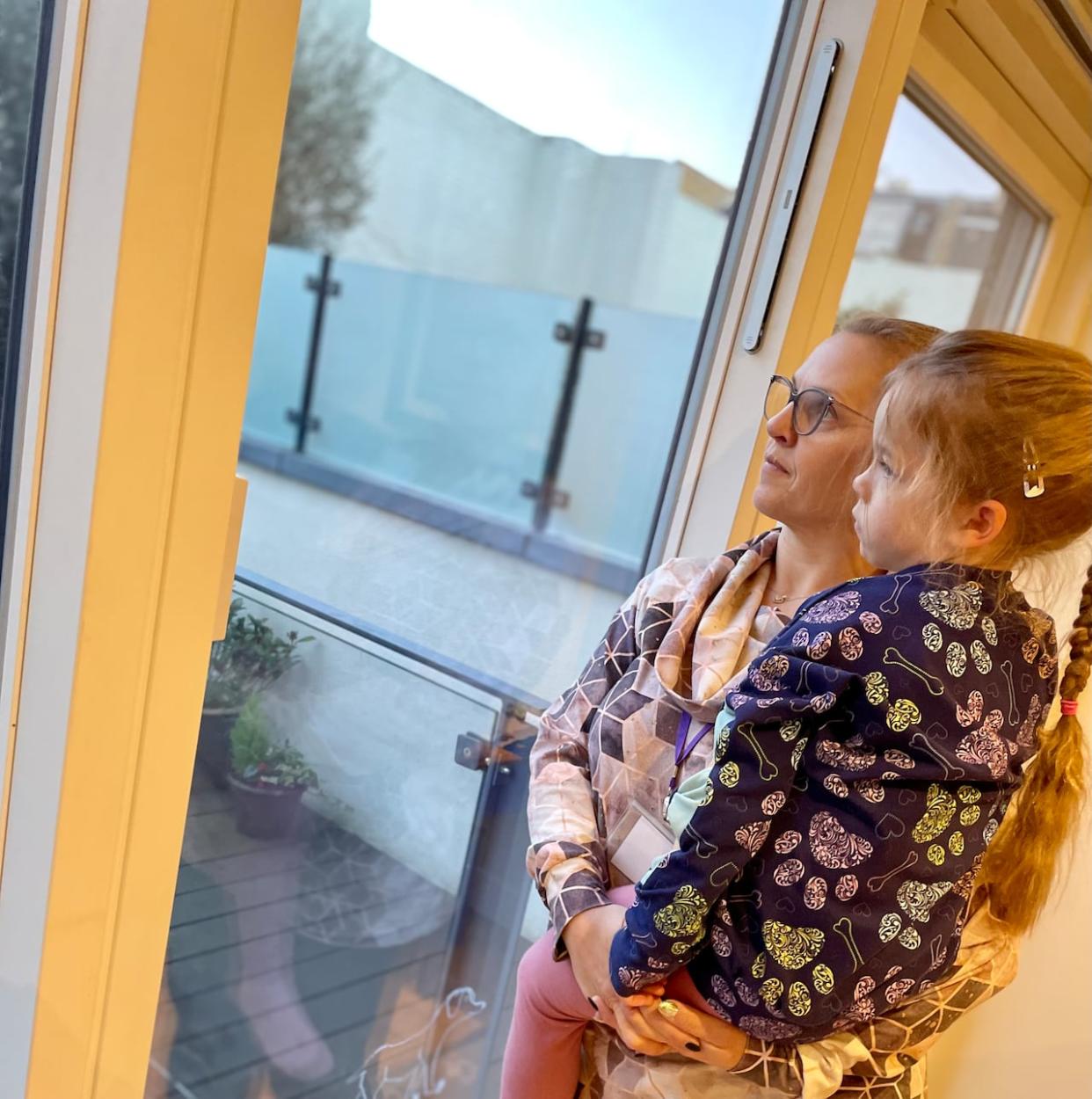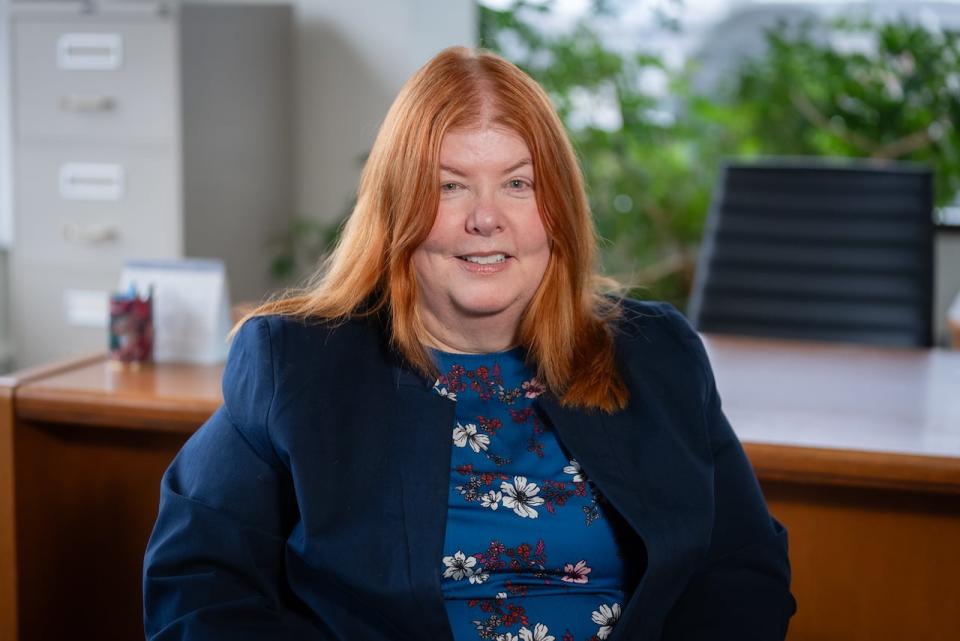Public servants, retirees travelling and working overseas wait months for reimbursement

Some federal government employees posted or travelling overseas say they've had to wait months to be reimbursed for medical insurance claims that, once repaid, have been short hundreds or thousands of dollars with little explanation.
On July 1, 2023, 1.7 million federal workers, retirees and their dependents saw their insurance provider switch from Sun Life to Canada Life. The change was supposed to be seamless, but it left many public servants scrambling for their benefits.
As part of the switch, Canada Life subcontracted MSH International to handle all overseas claims as of July 1, 2023, both for emergency travel medical coverage and comprehensive coverage for those posted overseas by Global Affairs Canada (GAC).
"It's frustrating, it's stressful. It makes you second-guess the career path that you choose to represent Canada overseas," said Sonia Hooykaas who works for GAC and has been posted in the U.K. since November 2020.
Hooykaas is covered under the comprehensive portion of the plan, which acts as a substitute for provincial health insurance.
She has to submit to MSH everything from the cost of regular checkups to the multiple surgeries she and her daughter have undergone since last summer.

Eilidh Hooykaas lies on a hospital bed with her medical assistance dog. (Submitted by Sonia Hooykaas)
Since last July, Hooykaas has submitted $57,500 worth of eligible claims but has only been paid around $35,000.
"So I'm more or less where I [was] before, only with a bunch of money that doesn't jive with all the paperwork that they gave me," she told CBC. "It's a part-time job."
Before July, Hooykaas rarely encountered problems with Sun Life's international subcontractor, Allianz Global Assistance.
"At least with Allianz you actually got somebody on the phone. There was a dedicated telephone number. I never waited for longer than five to 10 minutes on hold to talk to somebody," she told CBC.
But nine months after the switch "it's night and day," she said.
Scared to travel again
Roseline Roy has been retired from the federal public service for nearly a decade.
During a trip to a Greek island in October, she was with a group hiking down a mountain when she slipped on a rock and broke her ankle.
She was taken to a local hospital where a doctor told her she'd suffered a double fracture and needed immediate surgery before returning home to Gatineau, Que.
It took Roy four days and numerous calls to reach an MSH agent who she said approved the surgery after the fact.
The agent also approved a business class ticket home so Roy could follow her doctor's orders to keep her leg elevated. MSH was to have the hospital bill the insurance company directly.
But that didn't happen and Roy was forced to charge $22,000 in hospital bills to her credit card, along with $5,500 for her flight home.
"I did all those calls from my bed in the hospital after a two-hour surgery," she said. "It was a nightmare."

Roseline Roy says she's nervous to visit her daughter and grandchildren in the Philippines later this month because of what she describes as a 'nightmare' experience after injuring herself during a trip to Greece. (Jean Delisle/CBC)
Roy said the bulk of her $30,000 claim was reimbursed in early February, but there's $3,000 outstanding for the flight.
Last week, MSH sent her an email saying it would not reimburse her for more than the cost of an economy flight.
Roy said there's another $500 missing from her original claim, plus another $500 she's racked up in interest on a line of credit — money she doesn't expect to see repaid.
The ordeal has left Roy fearful to leave Canada again, despite plans to visit her daughter and grandchildren in the Philippines later this month.
"What if I have to go through that nightmare again?" she asked.
MSH reviewing cases
In a statement to CBC, MSH did not respond to specific questions about the cases but said it's reviewing them and would reach out to both Hooykaas and Roy about their claims.
After CBC contacted MSH about her case in January, Hooykaas was assigned a case worker who she said sent her just one email and hasn't communicated since.
In an email last week, MSH reiterated that it would review her claims and contact her.

MSH International's office in downtown Toronto. The company did not respond to specific questions from CBC, but said it would reach out to two clients featured in this story. (Sue Godspeed/CBC)
The company also said it had detected a "cybersecurity incident" on Feb. 9 and had to temporarily pause claims processing, creating a backlog. While it has not said where that backlog currently stands, in an email to CBC the company added that it inherited another five months of backlogged claims last July.
It also said it has hired more workers to improve service levels and clear the claims backlog.
Last week, Canada Life also wrote to Hooykaas to tell her it's just starting to process claims dating back to the second week of January.
Most of her outstanding bills have been covered by advances from GAC.
Employee advances
Near the end of January, GAC told CBC it had advanced $1.8 million to employees to cover medical expenses.
But according to the head of the Professional Association of Foreign Service Officers (PAFSO), which represents employees posted overseas including those at embassies and consulates, that number has since ballooned to $3 million.
"That money is supposed to be used to advance Canada's interests abroad, to protect Canadians abroad, to help them with things that they need help with," said PAFSO president Pamela Isfeld.
"It should not be covering the rear end, frankly, of a contractor that is just not up to the job."
GAC did not provide anyone for an interview, nor respond to CBC's questions about the current amount loaned to employees.

Pamela Isfeld, president of the Professional Association of Foreign Service Officers, says Canadian foreign service officers have reported challenges accessing health care coverage since MSH International took over administration of out-of-country claims. (Jean-Francois Benoit/CBC)
Isfeld suggested the union could go to court to compel the government to fix the problem or bring in another insurance provider "until they get their act together."
In a statement to CBC, the Treasury Board said while there have been improvements with Canada Life and MSH response times, the department is continuing to work with the insurer to further address problems.
"There is no move being contemplated to terminate the contract," according to the statement.
Service levels aren't being met
Canada Life did not respond to requests for an interview, but a six-month grace period meant to give the company time to improve customer service and claims processing expired on Jan. 1.
After that date, Canada Life is supposed to meet certain service levels, such as having 70 per cent of both English and French calls answered within 20 seconds, and having 80 per cent of supplementary out-of-province and 90 per cent of comprehensive paper claims processed within 10 days.
According to information on MSH's website, as of two weeks ago the average claim processing time was 48 days, down from 59 the week before.
In a statement posted to PSHCP members, the company acknowledged "the member experience has not met the expected level of service for which we strive."
The company said it is working on improving contact centre wait times, as well as the time it takes to process claims.
MSH also said it's developing a member portal so people can check their benefit statements and claim status online.


